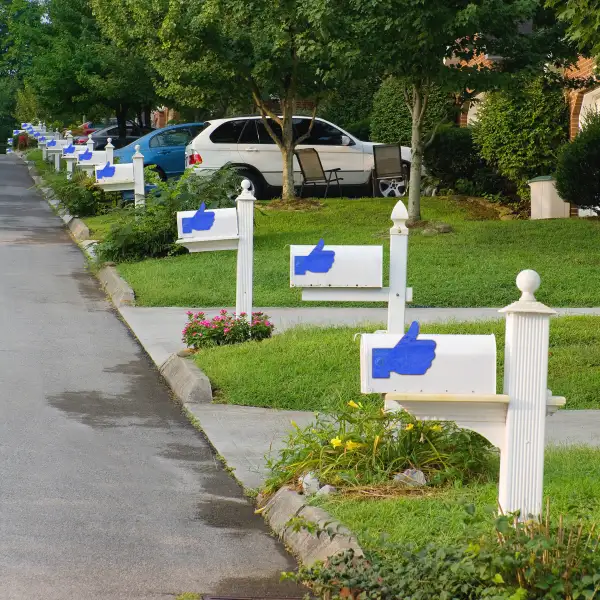The Subconscious Ways Facebook Is Influencing Your Home Buying Decisions

When people make life-altering financial decisions, they often turn to someone in their social network for guidance, even if that person doesn't have much expertise.
A classic example of this was discovered years ago by behavioral economists Shlomo Benartzi and Richard Thaler, who found that in grocery stores, "most of the supermarket employees considered the store butcher to be the investment maven and would turn to him for advice," wrote Benartzi and Thaler.
Well, a similar phenomenon is taking place when you decide to buy or sell a house — and you probably don't even know it.
The animal spirits are starting to stir in the housing market. Home values are skyrocketing, rising 5.9% in the most recent S&P/Case-Shiller index, hitting a 33-month high. Many renters are now itching to make an offer.
That desire can grow even more intense when you see your friends reap the benefits, according to a study published last year by economists from Facebook, Harvard, and New York University.
"People are influenced by their friends' experiences," says NYU finance professor Theresa Kuchler, one of the study's co-authors. "People whose friends see house prices go up more are more optimistic about real estate and invest more in real estate."
Kuchler notes that this phenomenon existed long before Facebook came around. "It is people's friends in general — whether they interact online or offline — that have an effect on what people think about housing," he said.
However, social networks like Facebook let people stay in touch more, especially over long distances.
The researchers found that if your friend's home value increased by five percentage points — even if that friend lives in another city or state — you were 3.1% more likely to trade in your rental for a mortgage.
Friends of friends with ascending property values are also more likely to put a higher down payment on their home, buy a bigger house, and pay more for a property — again, even when they live in different cities.
The opposite is also true. If your friends suffer a home price decline, you're less likely to buy.
It's only natural to compare yourself against your peers, and convince yourself that you are able to afford something because your friend can, just as it's easier to talk to someone who seems to know stocks and bonds about your retirement portfolio. It all feels more personal.
These are justifications, though, rather than analysis. The value of your friend's house, or the certitude of his financial advice, shouldn't influence your decision making, especially if they live across the country where the housing market and economy are significantly different from your hometown.
"Personal finance is personal," says Pensacola, Fla.-based financial planner Matter Becker. "Comparing yourself to others is a normal part of the human condition, but at the end of the day you can only make decisions that genuinely make you happy if you come back to your goals, your values, and your money."
